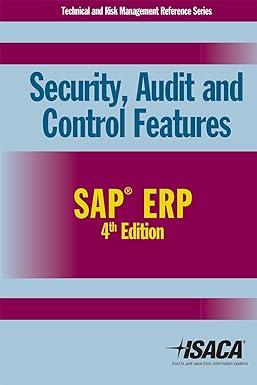Question
Assume Ghana operates a 5-bracket annual income tax system that attracts tax rates of 0% for the first GHS 3828, 5% for the next GHS
Assume Ghana operates a 5-bracket annual income tax system that attracts tax rates of 0% for the first GHS 3828, 5% for the next GHS 1200, 10% for the next GHS 1440, 17.5% for the next GHS 36000, and 25% for any remaining amount. Mr. Mustapha makes GHS 90,000 per year, and has a wife and 2 children. The Government gives a tax exemption/deduction of GHS1500 per family member. Find the following i. Statutory marginal tax rate (3 marks) ii. Effective marginal tax rate (3 marks) iii. Taxable income (3 marks) iv. Total taxes, and (3 marks) v. Effective average tax rate. (3 marks) b) Government decides to move to a flat tax rate of 20%, keeping the GHS 1500 per family member exemption. Does Mr. Mustaphas family benefit from the new tax system? (5 marks) c) Rather than implementing the flat tax system, government now decides to keep the income tax schedule described first (a), but instead of providing a GHS 1500 exemption per family member, introduces a 1500 tax credit per family member. Which of these two tax regimes will benefit Mr. Mustaphas family more? Is the tax credit more expensive for government than the tax exemption? Why? (5 marks)
Step by Step Solution
There are 3 Steps involved in it
Step: 1

Get Instant Access to Expert-Tailored Solutions
See step-by-step solutions with expert insights and AI powered tools for academic success
Step: 2

Step: 3

Ace Your Homework with AI
Get the answers you need in no time with our AI-driven, step-by-step assistance
Get Started


